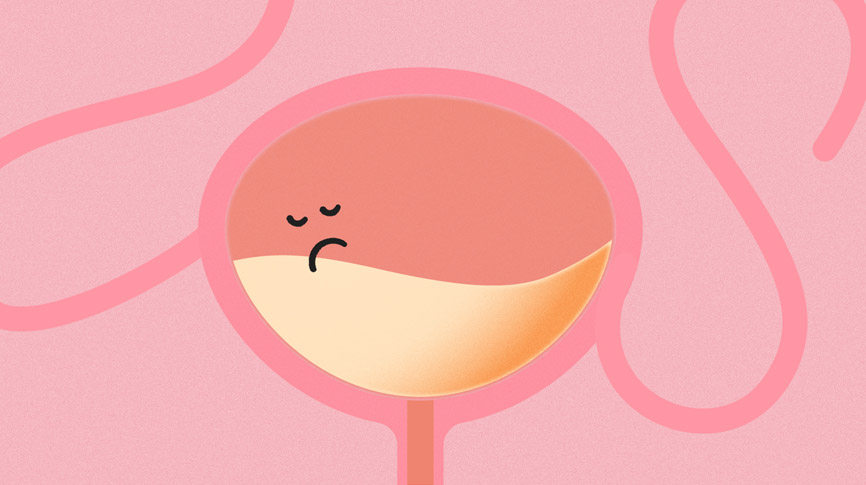How to Manage Urinary Incontinence – 6 Tips for Daily Confidence

A surprising one in three women in the US are affected by some form of incontinence. There are four main types of urinary incontinence, and it can affect women at any age. For something so common, incontinence is still seen as an embarrassing and taboo subject. Women affected often refrain from certain activities and constantly worry about the possibility of leaks in their daily life.
If you are living with incontinence or are worried about it, the first step you should take, if you haven’t already, is to talk to your doctor. Your doctor will be able to give you advice, diagnose your type of incontinence, and suggest treatment and management solutions to deal with it. In the meantime, there are steps you can take daily to deal with urinary incontinence and reduce your risk of leaks.
Do Kegel Exercises
Kegel exercises are the #1 doctor recommended treatment for urinary incontinence – when done correctly and maintained over time they are the most effective non-invasive solution for the condition. A medical study of over 700 women showed that those who do Kegel exercises are more likely to improve, and even cure, their urinary incontinence. Women in the trials had fewer leakage problems and said their daily quality of life was better. However, many women struggle to do the exercises correctly, even giving up because they don’t see any progress, so doctors recommend that patients use a Kegel exerciser to see better results and stay motivated.
Have a Pee Schedule
Timed urination – say, every one to two hours – is a good idea for anyone with urinary incontinence. Even if you don’t feel the need to use the toilet, emptying your bladder before you leave the house, office, or restaurant will help to prevent accidents. Take your time in the bathroom. After you urinate, relax a bit, and try to urinate again. This will help you to empty your bladder completely.
Cut Out Caffeine
Caffeine, found in coffee, cola, and energy drinks, acts as a bladder stimulant and a diuretic (increases the production of urine). This can cause a sudden need to urinate. Women who drink high levels of caffeine are 70% more likely to have urinary incontinence than those who don’t. Try reduced caffeine or even decaffeinated coffee, or switch to herbal teas instead.
Locate the Nearest Toilet
If you have urinary incontinence, it’s always a good idea to know where you can find a bathroom. When you arrive in a public area such as a restaurant, ask a member of staff where the bathroom is. If you have a smartphone, you can even download an app that lets you locate your nearest public toilet when you need to go.
Don’t Drink Too Much
Staying hydrated is important, but be careful not to drink too much. Aim for the recommended two quarts (about eight glasses) of fluid a day, and try to sip it throughout the day rather than gulping down three glasses at once.
Check Your Medications
Some medications can have diuretic effects. Check with your doctor to see if any medications you take might be increasing your need to urinate. If you can’t change medications, try to stay near a bathroom for a few hours after you take your medication. Discuss with work if you can change desks to ensure you are closer to the restroom.
Don’t Give Up
These tips can help you to cope with urinary incontinence on a daily basis, and help to prevent any leakages or accidents. Remember, urinary incontinence is treatable and more common than you think – you are not alone and you can regain control. Don’t suffer in silence. Be sure to talk with your doctor to discuss long-term management and treatment options.
Please note that advice offered by Intimina may not be relevant to your individual case. For specific concerns regarding your health, always consult your physician or other licensed medical practitioners.

A collective group of “lady experts” at Intimina who love sharing our personal experiences, even when they are a little too personal. We believe it’s time to start breaking down the taboos around menstruation, motherhood, and menopause, and start owning our female health.


